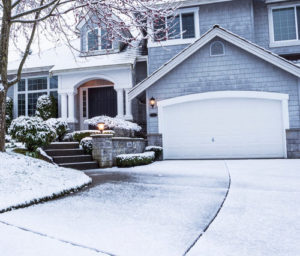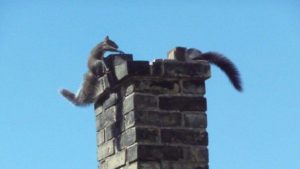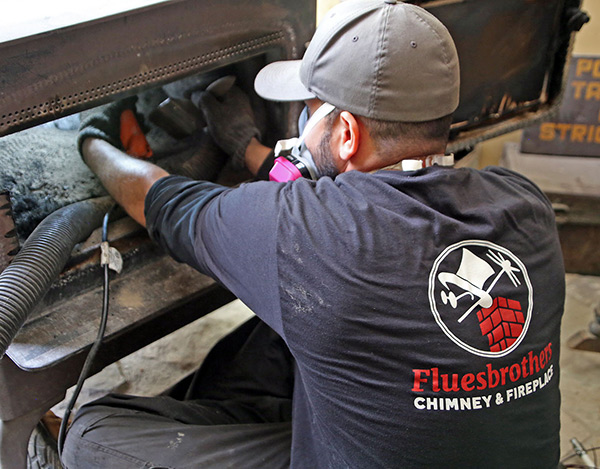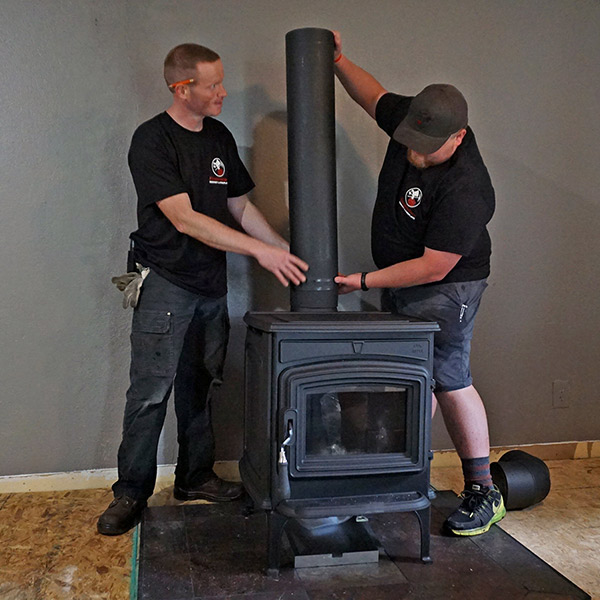Useful tips for Chimney Sweeping

The process of sweeping a chimney seems to be simple but it involves more than just shoving a long handled brush up a chimney to remove the debris and soot. The chimney sweeping enhances the safety as it removes the soot clogging that can easily catch fire. A blocked chimney also prevents the smoke to escape and increases the chances of unpleasant odors and smoky rooms. All the residents must maintain their chimneys to prevent any type of major or minor accidents. With rise in the prices of natural gas and propane prices, some people want to buy old fireplace to reduce home-heating bills. So, check out the given below safety tips and follow them:
Hire a chimney sweep:
The National Fire Protection Association recommends that all types of chimney sweeping must be done at least once in a year to dislodge debris and soot. Make sure to hire a certified sweep in your area.
Inspection:
The first step of chimney sweeping is fireplace and chimney inspection. If the sweep notices any damage then he usually quotes a price for repairs by looking inside the chimney. Also, ensure that your chimney sweep inspect the entire structure to trace any loose bricks, missing mortar or cracks.
Cap the chimney:
Make sure to cap the chimney. The use of a cap fitted with wire-mesh sides covers the chimney top and prevents birds and debris to enter. Replace or repair a damaged or missing cap as soon as possible as it helps to save cost of chimney repair .
Preparation:
Chimney sweeping produces soot and dust. To protect your home, make sure to use large drop cloths over all the floor and furnishings in the room. The sweep sets up a high power industrial vacuum cleaner and inserts the vacuum hose under the fireplace cover. This vacuum sucks up debris and soot with sweep brush. The chimney contractor sweeps uses all types of protective gear including goggles and dust mask.
Sweeping:
To sweep the chimney itself, sweep inserts a brush into the fireplace. This brush comes in flexible sections and the sweep adds more section when required to push the brush head up and down the chimney and this helps to remove all types of debris and soot. During the process, the sweep cleans all the fireplace and chimney parts. The complete chimney cleaning process takes 45 minutes to one hour time.
Tests:
After chimney sweeping, the sweep carry out a smoke test by lighting a small fire in the fireplace and this helps to verify that chimney has been cleaned properly. Make sure to maintain a chimney cleaning record and ask the sweep to sign on it each time the chimney is swept for regular and timely maintenance.
This post first appeared on https://www.firstclasschimneyservices.com


 Excessive Creosote
Excessive Creosote
 Keeps the Animals Away
Keeps the Animals Away
 Chimney Inspection and Cleaning
Chimney Inspection and Cleaning Don’t Leave a Fire Unattended
Don’t Leave a Fire Unattended

 The combustion of wood produces several natural by-products, including soot, ash, and creosote, to name a few. Creosote starts as a powdery substance but will turn into a thick, crusty, and highly flammable material that is extremely difficult to remove if allowed to accumulate. And if the wood stove is not regularly cleaned, the inside of your
The combustion of wood produces several natural by-products, including soot, ash, and creosote, to name a few. Creosote starts as a powdery substance but will turn into a thick, crusty, and highly flammable material that is extremely difficult to remove if allowed to accumulate. And if the wood stove is not regularly cleaned, the inside of your  Smokey fires
Smokey fires